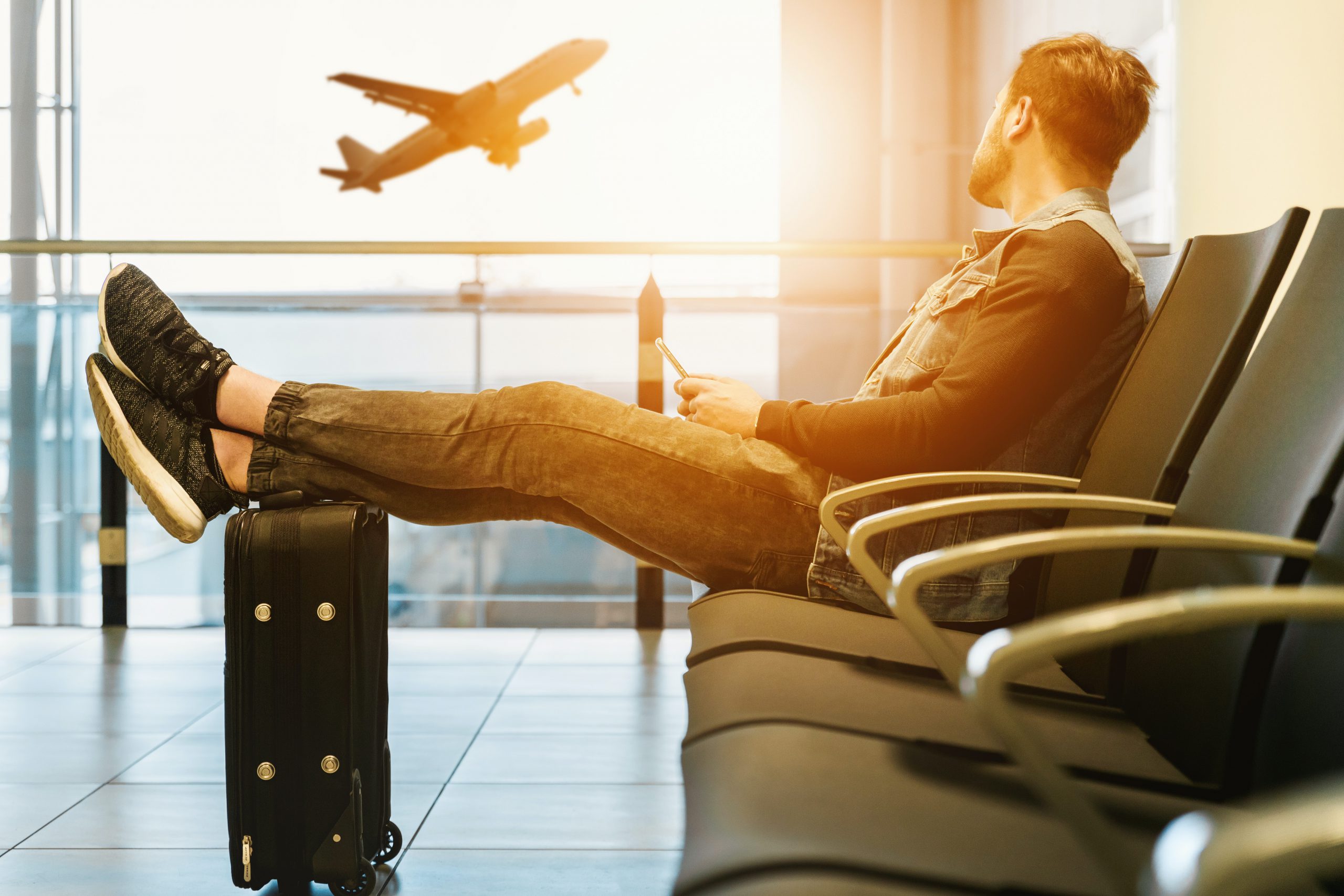Suffering from hearing loss shouldn’t stop you from traveling. Although careful planning seems to be time-consuming and overwhelming, it is a way to ensure a safe and enjoyable trip.
Down below you can find some useful tips that will ensure a smoother trip.
1. Plan ahead
After choosing your destination, make all the arrangements that you can in advance. Buy your ticket, make a hotel reservation, and mark the places that you want to visit on your map or your cell phone.
It may be good to print all important documents that you may need on your journeys such as boarding pass, hotel reservation, and maps. This way you’ll avoid having complications if your phone battery dies, or if you are not able to get internet access.
2. Stay informed
You should make sure that you sign up for travel alerts via e-mail and text. Most airlines and travel companies have apps that include timetables and provide alerts for any changes.
This way you will be informed of any gate changes, delays, and boarding calls.
3. Accommodation
When booking a room, notify the hotel personnel of your hearing impairment, and specify in writing the hearing access you need.
“Check if your hotel has visual alert devices that can help people with hearing loss to recognize the alarm clock, knock on the door, fire alarm, etc”.
When making your reservation get a confirmation in writing about the availability of these devices.
4. Hearing aids
Have your hearing aid checked by a hearing care professional to make sure that your hearing aids are working properly.
Bring with you an extra pack of batteries and other equipment necessary to keep your hearing aids functional and clean. It is also advisable to have a spare hearing aid in case of breakage.
“Remember that you may need an outlet converter to charge your battery when traveling internationally”.
In order to prevent the loss, make sure to store your hearing aids in the same location every night. Your hearing aid backups should be in your carry-on instead of your checked luggage.
5. Communication in a noisy environment
When you’re traveling with hearing loss, you will find yourself in a crowded and noisy environment such as a train station, where it’s useful to have a paper and pen with you. That way, if you can’t understand something, people can easily write a note for you.
You can also download various apps on your phone, that serve the same purpose.
6. Customs and security
In order to avoid misunderstandings, inform in advance custom personnel about your hearing impairment.
“If you have a cochlear implant it may activate the security system at the airport”.
Make sure that you have an identification card with you or a letter from your audiologist that explains an implant and how it works.
7. Ask for help
You have to understand that hearing impairment is an invisible disability which means that people around you are probably not aware that you are disabled.
Explain the people traveling with you, or sitting next to you that you are having hearing difficulties. Make sure to give them tips for communicating with you (to get your attention first to speak slowly etc.).
8. On the plane
Explain the cabin crew that you suffer from hearing loss, so that they can keep you informed on any important messages.
“It is also a good idea to reserve an aisle seat, to help ease communication between you and flight attendants”.
You are allowed to keep your hearing aids during the flight.
9. Traveling by car
Driving for a couple of hours, without being able to communicate with other people can be very boring. It is a good idea to have a Bluetooth phone system in your car, which can provide hands-free access to your calls.
If you are traveling with someone, you can use an FM system to deliver a conversation right into your ears so that you can concentrate on driving without distractions.
10. Enjoy yourself!
Traveling always comes with stress, and it is potentially more challenging for people suffering from hearing loss.
No matter how hard we try, not everything can be planned ahead and you should prepare yourself to improvise if necessary.
But, you should also remember to relax and have as much fun as you can. Appreciate your new experience, and make sure to enjoy yourself!



